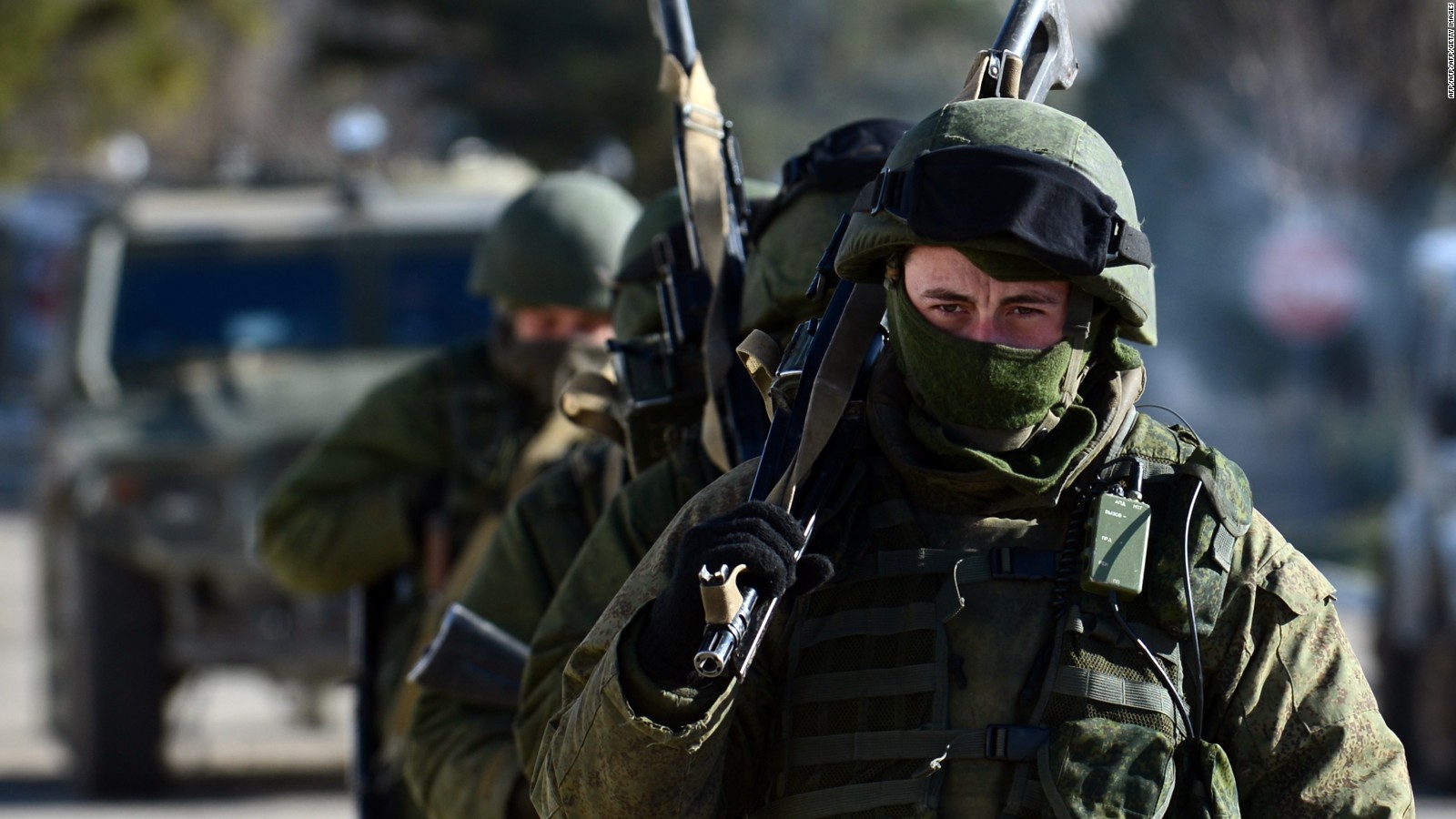Russia: 'We're not returning our territory' Crimea to Ukraine

(CNN)Russia's
Foreign Ministry has indicated that it intends to keep Crimea and not
return it to Ukraine because it considers it to be part of Russia.
Russia's
Foreign Ministry spokeswoman Maria Zakharova told reporters Wednesday
during a weekly news conference: "We're not returning our territory.
Crimea is part of the Russian Federation."
White
House Press Secretary Sean Spicer said Tuesday that Trump had been
taking a tough line with Russia and that he expected Moscow to withdraw
from the region, which it occupied following a "full-scale invasion" in 2014.
Spicer
pointed to UN Ambassador Nikki Haley's recent remarks on Russia's
actions in east Ukraine and occupation of Crimea, adding that Trump
"expects the Russian government to de-escalate violence in the Ukraine
and return Crimea."
The Ministry's declaration comes as it emerged that high-level advisers close to then-presidential nominee Donald Trump were in constant communication during the campaign
with Russians known to US intelligence, multiple current and former
intelligence, law enforcement and administration officials tell CNN.
Trump's former national security adviser Michael Flynn was forced to step down
Monday after it emerged that he had discussed policy with the Russian
ambassador to the US prior to his appointment. He subsequently admitted
he had "inadvertently briefed the Vice President-elect and others with
incomplete information."
What does Michael Flynn's resignation mean for Moscow?
First high-level meeting looms
Russia's statement also came as Foreign Minister Sergey Lavrov prepares to meet his American counterpart, Secretary of State Rex Tillerson, on the sidelines of the G20 meetings in Germany this Thursday.
The
Bonn summit will be Tillerson's inaugural international trip as the
United States' top diplomat. He'll be joined in Bonn by Lavrov, Chinese
Foreign Minister Wang Yi and representatives from the world's other
major economies.
President Trump
had previously buoyed the Kremlin's claim on Crimea. In July, on the
campaign trail Trump had said that the Ukraine crisis was "more of a Europe problem,"
and that the United States should only step in on Crimea if European
countries ask for help. He has also criticized NATO -- traditionally the
West's bulwark against Russian aggression -- for being outdated.
In July, Trump said
Russian President Vladimir Putin won't make a military move into
Ukraine -- even though Putin already has done just that by seizing the
peninsula.
"He's not going into
Ukraine, OK, just so you understand. He's not going to go into Ukraine,
all right? You can mark it down. You can put it down. You can take it
anywhere you want," Trump said in a July interview with ABC News' George
Stephanopoulos on "This Week."
In
the weeks before and after his inauguration, Trump's refusal to condemn
Russian hacking during the election and his attacks on the intelligence
community for investigating those hacks raised questions about his ties
to Moscow.
Senators seek Hill veto power over Trump on Russia
Harder line
Since
assuming office the Trump administration has taken a much harder line
on the occupation of the western part of Ukraine, an associate member of
NATO.
Haley, the US ambassador to the United Nations, offered a strong condemnation
of Russia in her first appearance at the UN Security Council on
February 2. She called on Moscow to de-escalate violence in eastern
Ukraine and said US sanctions against Moscow would remain in place until
it withdraws from Crimea.
"The United States continues to condemn and call for an immediate end to the Russian occupation of Crimea," Haley said.
"Crimea
is a part of Ukraine. Our Crimea-related sanctions will remain in place
until Russia returns control over the peninsula to Ukraine."







/product/44/303993/2.jpg?2398)












No comments
Post a Comment